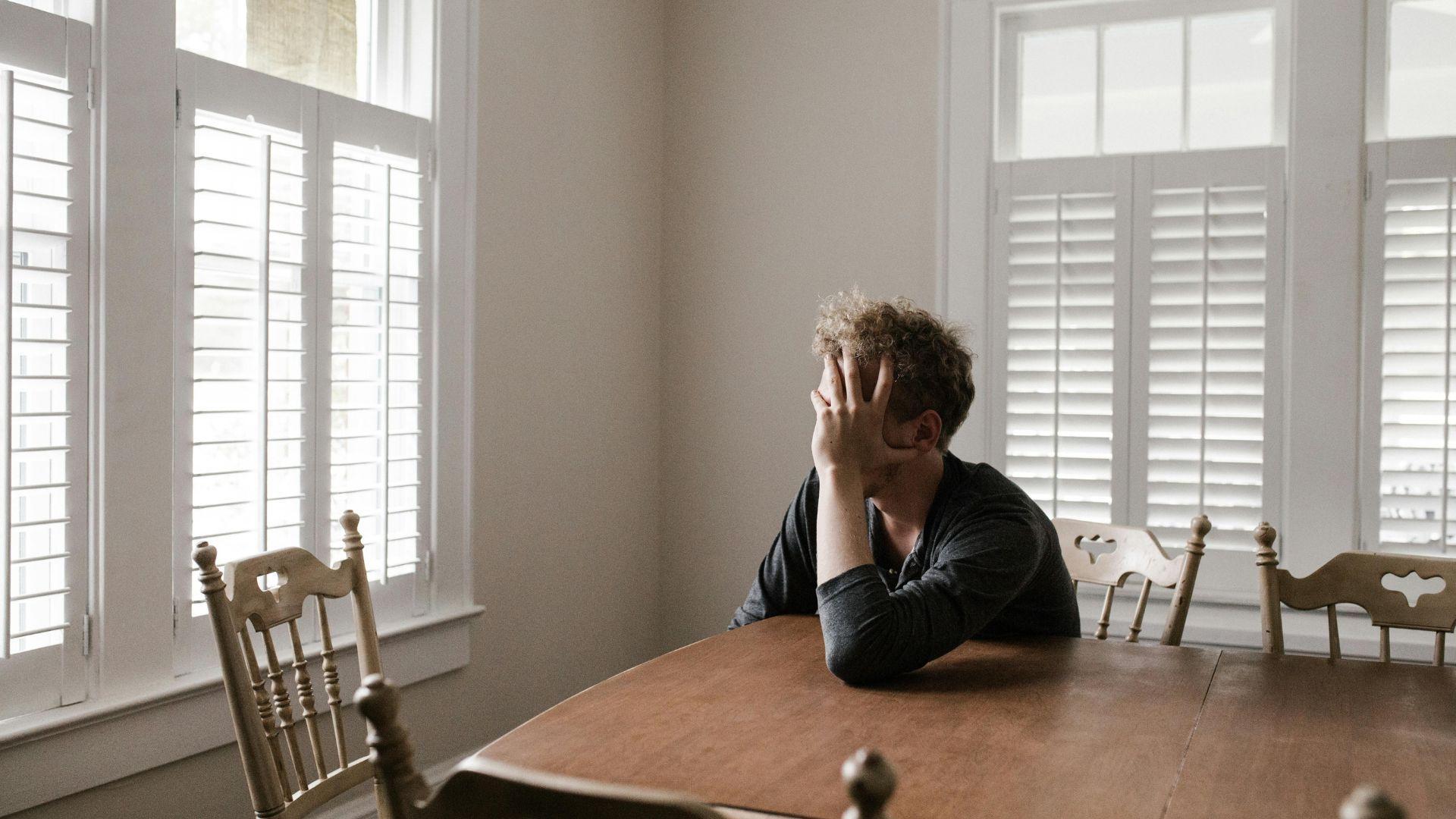While many Gen Z individuals opt to live with their parents to save money in an unaffordable housing market, this decision carries hidden emotional and financial costs.
Business Insider reports on the nuanced reality of this living arrangement, highlighting that the lack of rent does not equate to a free living situation. Despite the financial savings, there are significant mental health implications and potential long-term financial consequences for these young adults.
Financial Savings Versus Long-Term Goals

The immediate financial relief of living with parents is contrasted by potential long-term setbacks. Studies suggest that staying at home might hinder the achievement of financial independence and homeownership.
The perception of saving money is challenged by findings that living at home can delay critical milestones in financial growth and stability.
Economic Pressures Driving Gen Z Home

Economic necessity is the primary driver for Gen Z’s return to the family nest, with over 40% citing financial savings as their top reason, according to a survey by Harris Poll for Bloomberg.
Furthermore, 30% acknowledge they reside with family because they lack the means to afford independent living. Other significant factors include efforts to reduce debt (19%), rebounding from unexpected financial burdens (16%), and coping with unemployment (10%).
Emotional Toll and Personal Development

The emotional impact of living with parents extends beyond simple frustrations. Business Insider shares insights from young adults who find their personal development and social life hindered by their living situation.
20-year-old Sarah Obutor, who returned to her family home in Georgia due to mental health concerns revealed that the transition back has not been without its emotional challenges. She articulates a common sentiment among Gen Z individuals in similar situations “They still sort of see you as a child, no matter how old you are.”
Impact on Social Life and Independence

The constraints on social activities and personal independence are significant for Gen Z individuals living at home.
Amy Lewthwaite said, “When you live with your parents, you don’t have space to do more adult things, like hosting a dinner party or having a wine and cheese night.”
Delayed Homeownership and Financial Independence

Research indicates a correlation between living with parents and delayed homeownership.
A study from the Urban Institute highlights that young adults who stay at home longer have a reduced likelihood of purchasing their own homes within a decade, suggesting a long-term impact on their financial autonomy and asset accumulation.
The Elusive Dream of Homeownership

For many Gen Z individuals, the goal of homeownership seems increasingly unattainable.
Despite efforts by some to enter the housing market, the National Association of Realtors reports that the average age for first-time homebuyers has escalated to a record 36 years. This trend is echoed in the sentiments of Gen Z, with over one-third expressing doubts in a Freddie Mac survey about their prospects of ever owning a home.
Shifting Stigmas and Societal Perceptions

While millennials faced significant stigma for living at home, Gen Z experiences a more accepting societal view.
Bloomberg reports that a majority of people now understand and sympathize with the economic challenges prompting this living arrangement, reflecting a shift in societal attitudes toward multi-generational living.
Mental Health Considerations

The psychological implications of living with parents are increasingly evident, with studies linking this living arrangement to higher levels of depressive symptoms.
The New York Post reveals that the lack of personal space and autonomy can contribute to stress and mental health challenges, illustrating the importance of considering these factors in the decision to live at home.
The Pressure of Delayed Milestones

The deferral of significant life events, such as securing their own home or starting a family, is causing many Gen Zers to feel a sense of lagging behind their peers.
This sentiment is captured in a 2022 survey by Relate, where a notable 83% of Gen Z participants reported feeling pressured to achieve traditional milestones—a higher percentage than that reported by millennials and significantly more than the older generation.
Redefining Adulthood in Gen Z’s Lens

The perception of what it means to be an adult is evolving significantly for Gen Z. According to Jeffrey Jensen Arnett, a psychology professor at Clark University, we are witnessing the emergence of a new life stage termed “emerging adulthood.”
This phase delays traditional adult commitments like marriage or parenthood, which were typically undertaken in one’s 20s, to a later stage in life.
Navigating Transitional Life Phases

Arnett’s conversations with young adults residing with their parents reveal a common feeling of being in a transitional life stage, not fully independent yet no longer adolescents.
This delayed transition to independence highlights a broader societal shift where traditional markers of adulthood begin at later ages. Arnett states “It doesn’t mean they’re lazy. It doesn’t mean they don’t want to grow up. It doesn’t mean they’re avoiding the responsibilities of adulthood.It just means that times have changed.”
